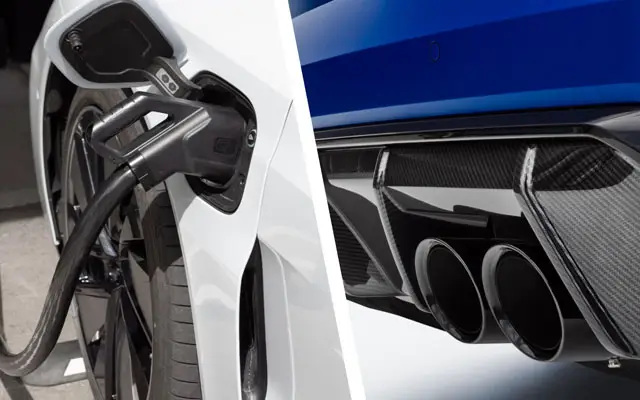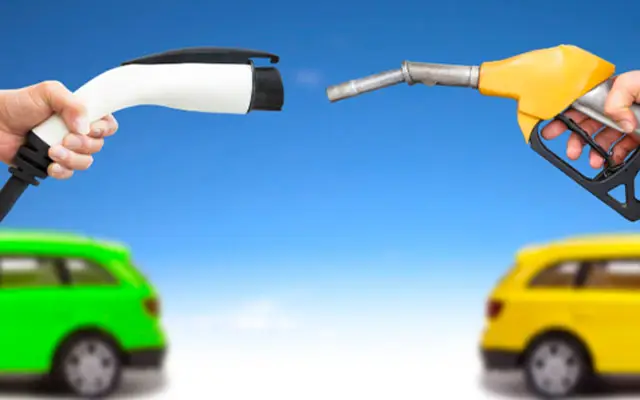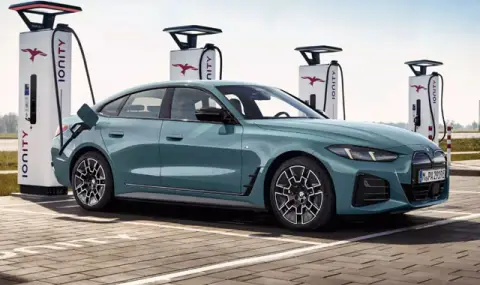Europe will introduce a new program to encourage the purchase of electric vehicles. It is already being considered by the European Commission and, if approved, will apply to the entire European Union. At the same time, the launch of the so-called strategic dialogue was announced, the aim of which is to help European car manufacturers overcome the difficulties they have encountered on the way to the great energy transition.
Speaking at the annual meeting of the World Economic Forum in Davos, German Chancellor Olaf Scholz said that electric mobility is the future and those who think otherwise want to harm European industry. Obviously, changing the technological structure remains a main goal of the EC, as stated by the President of the European Commission Ursula von der Leyen. According to her, the next few years will be critical and Europe has everything it needs to continue the technological race.

At the same time, the EU wants to resolve the problems that the automotive industry has already encountered on the path to the great energy transition through strategic dialogue. These will be regular meetings with industry representatives, major shareholders and unions, at which decisions will be made and further steps will be determined. It is not clear how effective this format will be, but if something is not done soon, then the collapse of individual companies, such as Volkswagen and Stellantis, threatens Europe with serious social and economic upheavals.
Today, the automotive industry generates 7% of the EU's gross domestic product, so the call by the largest and oldest faction in the European Parliament, the European People's Party, to revise the EU's climate strategy for the automotive industry is not surprising. MEPs propose to repeal the notorious ban on the sale of new cars with internal combustion engines, as this deprives consumers of the right to choose. The EPP also wants to pay attention to alternative technologies, and especially synthetic fuels.
In response, Olaf Scholz announced a new program to stimulate the purchase of electric vehicles, which will be common to the entire European Union. In Germany, a temporary tax break will be added to it. On the other side of the Atlantic, the new old US President Donald Trump, on the contrary, canceled all government programs to support electric vehicles and also ordered the relaxation of carbon dioxide emission requirements. The White House even withdrew from the Paris Climate Agreement, saying: “The US refuses to sabotage its own industry while China pollutes with impunity“.

Trump is actually right here. China has been the largest source of CO₂ for many years, and although the United States is in second place, the gap between them is huge. For example, in 2023 the United States produced 5.96 billion tons of CO₂ equivalent (these are different types of greenhouse gases, equated to a common unit of measurement), while China produced 15.94 billion.
India, in third place, added 4.1 billion tons to total emissions, and Russia - with 2.67 billion. Europe is far behind these values, and it is here that Olaf Scholz and Ursula von der Leyen want to ban ICE cars. It sounds crazy against the background of the crisis that is engulfing the European automotive industry, but whether the oldest and largest party in Europe, the EPP, will fight Scholz and von der Leyen remains to be seen.
